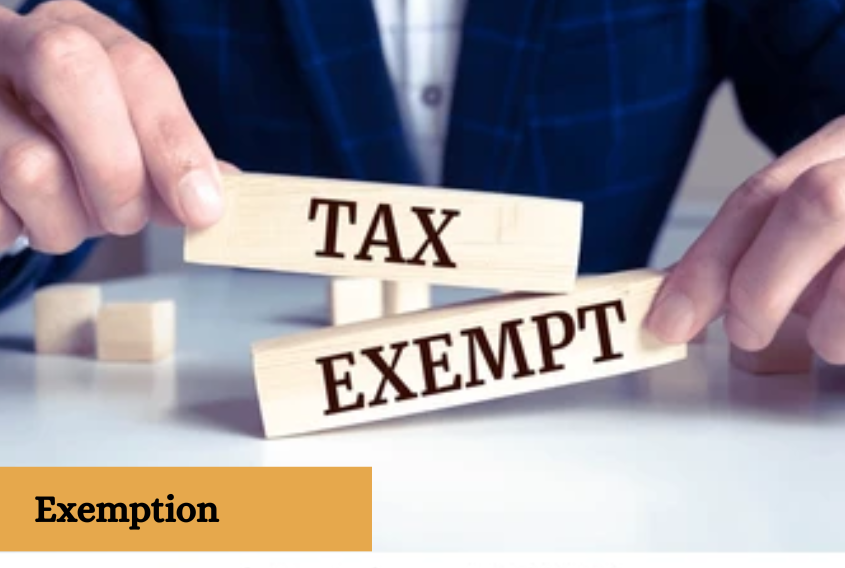What is Tax Exemption?
Tax exemptions refers to a special status granted to certain persons, entities or transactions that exempts them from paying certain taxes. This privilege is usually granted by the tax authorities on the basis of certain criteria set out in the tax laws. Entities or individuals that are granted a tax exemption are exempt from paying certain taxes, which may include income taxes, property taxes or other types of taxes, depending on the type of exemption. Common examples of tax-exempt entities include charities, religious institutions and certain non-profit organisations. Tax exemptions are often intended to promote activities that benefit society, such as charitable work, educational initiatives or cultural contributions. While tax exemption provides financial relief to qualifying organisations, the criteria for such status are usually strict and compliance with the relevant regulations is closely monitored by the tax authorities to ensure the proper use of these privileges.

What Tax Exemption Should I Claim?
The tax exemptions you should claim depend on your individual financial situation, and it’s crucial to understand the specific exemptions available based on your circumstances. Common tax exemptions include those related to dependents, education expenses, homeownership, and charitable contributions. If you have eligible dependents, you may be entitled to claim exemptions for each dependent, reducing your taxable income. Education-related exemptions, such as the American Opportunity Credit or the Lifetime Learning Credit, can help offset the costs of education. Homeowners may be eligible for exemptions related to mortgage interest and property taxes. Additionally, if you make qualifying charitable donations, you may claim deductions for these contributions. It’s advisable to thoroughly review tax laws and consult with a tax professional to identify the most advantageous exemptions for your situation, ensuring that you maximize your potential tax savings while staying compliant with tax regulations.
Which Income is Exempted From Tax in Pakistan?
some common sources of income exempted from income tax in Pakistan include:
- Agricultural Income: Agricultural income is generally exempt from income tax in Pakistan.
- Certain Retirement Benefits: Specific retirement benefits, such as the commutation of pension and gratuity received by a government employee, may be exempt.
- Foreign Source Income: Income earned outside Pakistan by a Pakistani resident may be exempt from tax under certain conditions.
- Income from Family Pension: Income received as a family pension may be exempt up to a certain limit.
- Income from Government Securities: Profits and gains on certain government securities are exempt from tax.
It is important to remember that tax rules are subject to change and that tax exemptions may vary depending on your situation, income level, and sources of income.
